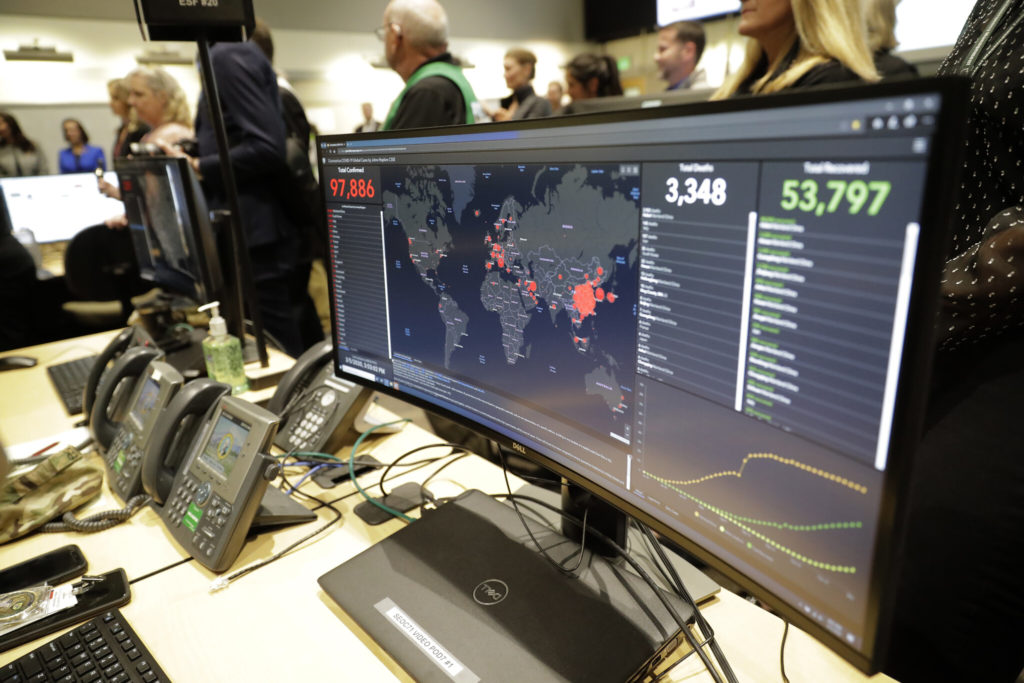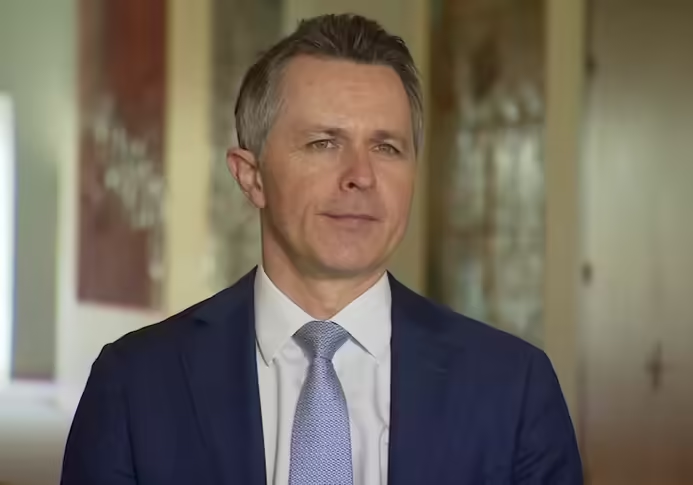Australia/Israel Review
Editorial: The world beyond the pandemic
Mar 27, 2020 | Colin Rubenstein

Most countries have understandably and rightly turned their national security focus – as well as their political, economic and social priorities – inward toward attempts to mitigate the havoc caused by the COVID-19 pandemic. Necessary as this is, states and governments must not take their eyes off the constellation of geopolitical strategic threats that will continue to simmer during the current crisis, and may well worsen after the pandemic has subsided.
COVID-19 appears to have temporarily lowered the level of friction in some conflict zones. Yet it certainly hasn’t had any significant effect on the underlying hostility driving those who seek to destroy Israel or harm the interests of Western countries such as Australia and its allies.
In fact, the pandemic has not only fomented financial and political instability but potentially created opportunities for rogue actors to exploit the situation and create new realities on the global strategic playing field that will play to their advantage when the current crisis ends.
China, where the coronavirus epidemic originated, claims to be on the cusp of being the first country to contain the spread of the virus and start returning to a fully functioning economy and society. Meanwhile, the US, Europe and Australia are under increasingly tight restrictions and are well into an agonising process of placing large segments of their economies into medically-justified lockdowns.
China’s lies, suppression and deception in the early days of the pandemic deserve considerable blame for the extent and gravity of the current crisis. It would be disastrous if the Chinese Communist Party, with its aggressive and threatening foreign policy, were to reap geopolitical benefits from a horrific pandemic it contributed so much to causing.
Meanwhile, despite the shocking toll the coronavirus appears to be taking amongst the Iranian people, the threats posed by the Islamist regime in Teheran and its proxies are anything but receding.
In Iraq, a March 11 attack by Iranian proxies on coalition forces stationed at Camp Taji killed two American and one British soldier. Teheran has persisted with several additional rocket attacks by its proxies on American forces designed to force the US out of Iraq.
Meanwhile, nuclear non-proliferation experts have expressed concern that the International Atomic Energy Agency (IAEA), hamstrung by quarantines and the risk of infection in virus-plagued Iran, will be unable to carry out thorough inspections of Iran’s nuclear program in the near future. Without proper monitoring, there would be little to prevent Iran from rushing towards a breakout to nuclear weapons.
Like China, the Iranian regime is no mere innocent victim of the pandemic. Rather, its failed policies for controlling the spread of the virus at home, the careless way the virus was imported into the country through Iran’s extensive and cavalier dealings with China, and Teheran’s repeated denials and cover-ups, have made Iran the most significant proliferator of COVID-19 in the Middle East, and even beyond.
With regard to well-meaning calls to lift sanctions to facilitate aid to coronavirus-stricken ordinary Iranians, there are already ample channels under the sanctions for Iran to import medical goods and humanitarian supplies, but the regime chooses not to take advantage of them. Above all, any sanctions relief should not fund Iran’s continued aggression in the region, but only benefit the long-suffering Iranian people.
In Israel – despite fleet-footed and far-reaching efforts to keep the virus from spreading within its borders – experts warn that, like here in Australia, the full force of the viral spread has yet to be felt.
Israel has lacked a fully-functional national government, which it badly needed. It seemed obvious that the current crisis demands a broad government of national unity – as most Israelis want. Instead, there has been a relentless power struggle between the two political blocs in the Knesset leading to a constitutional crisis involving the Speaker of the Knesset Yuli Edelstein facing off against Israel’s High Court, then resigning.
The latest twist is the likelihood of a national unity government, following opposition leader Benny Gantz’s election as Knesset speaker on March 26, and apparent decision to join a national unity government together with Netanyahu, with the latter serving as PM for 18 months.
This has split Gantz’s Blue and White party, but Israel needs stable government – both because of the urgent need to address the pandemic and to prepare for the ongoing regional threats which may well escalate in the future.
Yet despite political conflicts, as a society, Israel has stood up to coronavirus well, and the start-up nation has many potential technological and medical innovations that may assist other nations confronting the current unprecedented challenges.
Jerusalem made the difficult decision to apply advanced counter-terrorism tracking technologies in the effort to curb the virus’s spread – something other democracies may have to consider replicating.
At the same time, Israel is putting its unique military muscle into helping hospitals cope with the epidemic.
For example, one of the IDF’s most elite cyber-intelligence and technology laboratories, Unit 81, has been deployed to use its talents to modify consumer-grade home medical ventilators to make them suitable for use in intensive care units (for more on the IDF’s role in fighting COVID-19, see our cover story).
Given Australia’s special friendship with Israel, both socially-distanced democracies today stand to benefit from standing figuratively shoulder-to-shoulder and learning from each other in this fight.
Emblematic of this friendship and opportunity was El Al’s first-ever direct commercial flight to Australia on March 24. The return flight between Tel Aviv and Perth provided repatriation home for hundreds of stranded Australians and New Zealanders, and allowed hundreds of Israelis to also return home safely.
It was a reminder of the mateship that binds our countries even in the darkest moments.
Tags: Australia, International Security, Israel, Middle East






